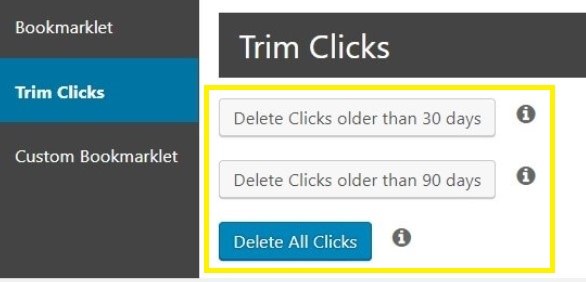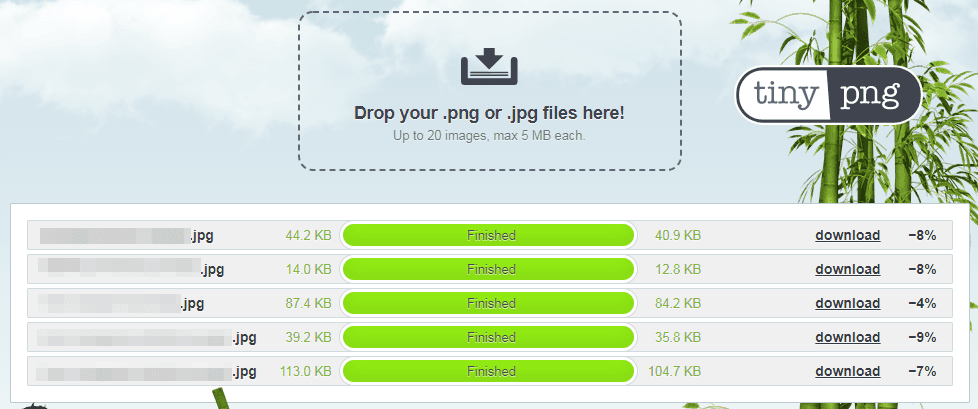Why Page Loading Speed Matters (And How to Improve It)

Contents
Speed is one of the most crucial factors for a successful website. Slow loading times can lead to a host of problems, all of which can result in a loss of traffic. In this way, a slow page can be the death knell of an entire website.
Fortunately, there are plenty of options for addressing poor loading speeds. Not only are there tools you can use to check your site's current speed, but you also have the means of easily decreasing loading times right at your fingertips.
In this article, we’ll discuss why loading time is important and how it affects users. Then we’ll offer some tips on four ways you can speed your site up. Let’s get started!
The Dangers of Slow Loading Speeds
It takes anywhere from 8 to 11 seconds for the average website to load, with desktop times averaging 4.7 seconds, and mobile times averaging 11.4 seconds. However, Google suggests keeping loading times below 3 seconds if possible, and aims for less than half a second on its own websites.
What does it mean if your site takes longer than a few seconds to fully load? Unfortunately, that delay may affect your conversion rates. According to one study done by Portent, for example, the optimal loading time to increase conversions is between 0 and 4 seconds.
Every additional second of loading time can decrease your chance of conversion by anywhere from 2 to 4 percent. If you’re looking to improve not only your conversion rate, but your transactions as well, that survey suggests keeping loading times at 2 seconds or less. Every second of delay means that the chance of visitors completing transactions decreases.
What's more, a slow loading time can increase your bounce rate. In other words, it can negatively affect the user experience (UX) so much that visitors simply leave. In turn, this can harm your site's search engine optimization (SEO), making your pages less visible in search results.
Your site's loading time is affected by many factors, not all of them under your control. For example, it can be impacted by outside circumstances such as a particular user’s internet speed. However, there are still plenty of steps you can take to improve your website’s speeds.
How You Can Improve Page Loading Speeds on Your Website (4 Key Tips)
The good news is that you have plenty of tools at your disposal to improve your website's performance. Let's look at four of the best and simplest ways to keep your site running fast.
1. Clean Out Your Tracking Records
One of the ways you can monitor links leading to your website is through a clicks database. This database will keep track of who clicks on your links and when, providing valuable data about which of your marketing efforts are working.
Unfortunately, this can also cause your website to slow down, since all of this information will need to be stored long-term. With that being said, you don’t need to stop tracking your links altogether. Instead, you can periodically trim your database.
If you're using Pretty Links, this process is simple. Start by heading to Tools in your WordPress dashboard, then go to Trim Clicks:

At this point, you can choose to trim clicks older than a month or 90 days, or you can purge all of the data that's been collected. However, before you delete anything, we suggest downloading that data first, so you don’t lose any vital information.
2. Limit the Number of Redirects on Your Pages
Many site owners use link shorteners to create more attractive and concise links. Long links can be awkward, and some potential visitors may see them as untrustworthy.
Unfortunately, link shortening typically involves adding redirects to your links, which can slow your website down. That’s why free link shortening tools are best avoided. Those kinds of tools may send your link through several redirects, each one making the visitor wait longer to reach their destination.
However, a plugin like Pretty Links gives you the options you need to shorten your links without causing any problems. You'll have the option of creating a permanent 301 redirect, which can limit wait times significantly.
3. Compress Your Images and Other Media
Links aren't the only element on your website that can slow down page speeds. Images and other media can have a significant effect, since those types of files can be very weighty.
Rather than removing images from your site, you can use an image compressor to minimize your site’s resource usage:

There are two main types of image compression: lossy and lossless. The former results in a highly-optimized image, but it may be of noticeably poorer quality.
Lossless compression is usually your best option. It can reduce file sizes and improve loading times without compromising your images' quality. Fortunately, there are plenty of free tools you can use, such as ShortPixel and TinyPNG.
4. Use High-Quality Plugins
If you have a WordPress website, you've probably installed at least a few plugins on it. These add-ons can offer all kinds of useful features, but they can also sometimes slow your site down.
In order to function, plugins will make requests to load scripts, pull images, and perform various other actions while your site is loading. Each request adds time to that process.
To ensure that your plugins aren’t slowing your site down, it's best to opt for high-quality options that have lots of positive reviews and are frequently updated. In addition, make sure to remove any plugins you aren't using, and avoid installing plugins you don't really need.
Conclusion
Page loading speed is crucial to the overall success of your website. If performance lags, your site's UX will suffer, and you’re likely to drive potential visitors away.
On the plus side, there are lots of ways you can improve your loading times. You can:
- Clean out your tracking records.
- Minimize the number of redirects on your pages.
- Compress your images and other media.
- Choose only the best plugins.
Do you have any other questions about how you can improve your loading speeds? Ask away in the comments section below!
Industrywired1
June 7, 2021
Thank you for sharing your information with us!
globaltechseosubmission
June 28, 2021
Thank you for sharing your information with us
seoanalyticsinsightsubmission
December 29, 2021
Thank you for sharing your article with us!
globaltechseosubmission
February 9, 2022
Thank you for sharing the information with us
Industrywired1
February 15, 2022
Thank you for sharing the article.
analyticsinsightsubmissionsseo
March 3, 2022
Thank you for sharing the information with us
Piyush
March 16, 2022
Great Article on Page Loading Speed. Thank you for sharing with us